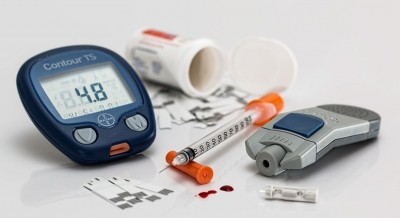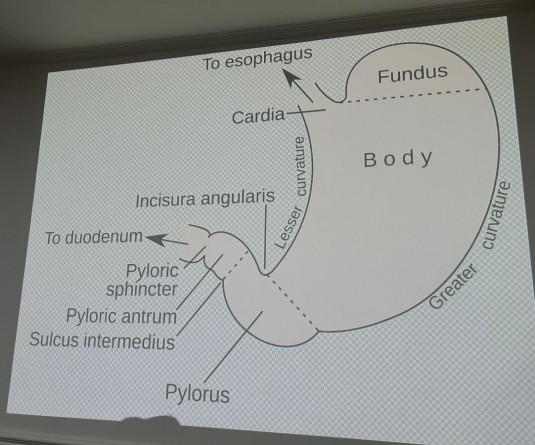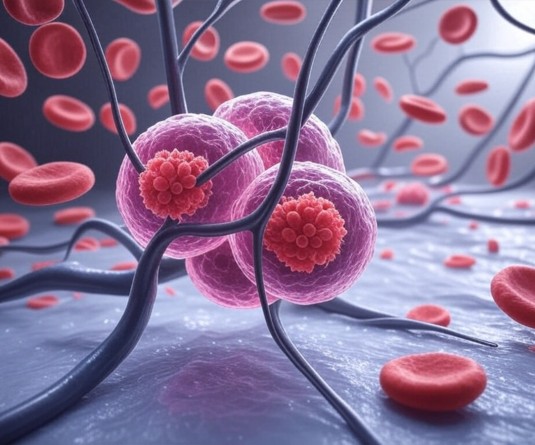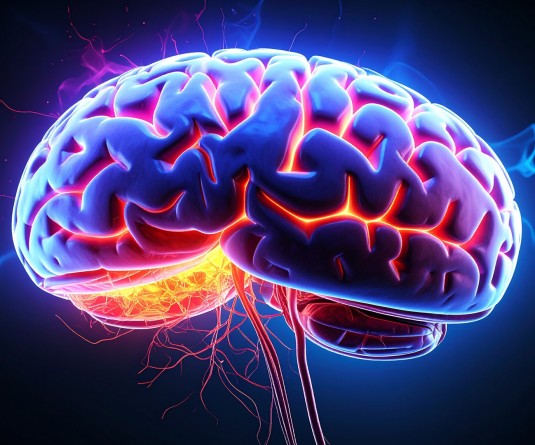IANS Photo

New Delhi, July 23 (IANS) Type 1 diabetes, also known as juvenile diabetes, is more challenging to manage and can also take a toll on a patient's emotional and social well-being, said doctors stressing the need for more awareness on the insulin-dependent condition.
Type 1 diabetes is a chronic condition, where the pancreas makes little or no insulin -- a hormone the body uses to allow sugar (glucose) to enter cells to produce energy.
In the absence of insulin, blood sugar levels can rise dangerously, which can damage people’s blood vessels, and in turn lead to blindness, kidney failure, heart attack or nerve damage -- also leading to limb amputation.
“People with type 1 diabetes face various challenges in managing their condition on a daily basis. Some of the key challenges include insulin dependency, blood sugar management, carbohydrate counting and meal planning, hypoglycemia (very low blood sugar levels) and hyperglycemia (very high blood sugar levels),” Richa Chaturvedi, Senior Consultant, Endocrinology, at Indraprastha Apollo Hospitals, Delhi, told IANS.
“People with Type 1 diabetes are more vulnerable to various infections, especially if the sugar level is not coming under control. This condition may trigger complications like diabetic ketoacidosis and various issues including vital organs like kidneys, retina and neurological functioning getting affected and gastrointestinal," added Anu Gaikwad, Physician Diabetologist and HOD of Geriatric Medicine, D.Y. Patil Super Specialty Hospital, Pune.
"These patients are also highly vulnerable to cardiovascular issues and are prone to heart attacks.”
In India, the Type 2 variant of diabetes has been more prevalent than Type 1. However, recently there has been a spike in Type 1 diabetes cases in the country.
A study published in The Lancet Diabetes and Endocrinology, showed that currently, India has approximately 8.6 lakh people living with Type 1 diabetes, with one in six young people dying without a diagnosis.
India is also among 10 countries that account for 5.08 million or 60 per cent of global cases of Type 1 diabetes -- an estimated 8.4 million people. The study predicted a significant increase in the numbers -- 13.5-17.4 million -- by 2040.
The reason behind the increase in Type 1 diabetes includes adulterated and unhygienic food habits, sedentary lifestyle, consumption of alcohol and tobacco, viral infections and hereditary reasons.
Other factors include genetic predisposition, environment such as viral infections and exposure to certain chemicals, limited access to healthcare facilities, particularly in rural areas, can result in delayed diagnosis and inadequate management, the doctors explained.
Lack of awareness also plays a major role, among the general population, as well as healthcare professionals, especially in the rural community and can delay diagnosis and lead to complications and a higher burden of the disease, Chaturvedi said.
In addition, managing the condition can also significantly impact the mental wellbeing of the patient.
"Living with a chronic condition like Type 1 diabetes can take a toll on a person's emotional well-being. The constant need for self-management, fear of complications, and the stress of monitoring blood sugar levels can lead to emotional challenges, including anxiety, depression, and diabetes distress. It is important for individuals with Type 1 diabetes to have access to emotional support and counselling,” Chaturvedi said.
Recently Pakistani actor Fawad Khan opened about how being diagnosed with Type 1 diabetes at the age of 17 affected his life.
In conversation with YouTube channel FreeStyle Middle East, the 'Kapoor and Sons' actor said he has been on insulin for the last 24 years of his life. He added it became a part of his life to carry insulin everywhere he went and he had to constantly monitor his blood sugar every few hours.
Some notable new treatments and technologies in the treatment of Type 1 diabetes in recent years, Chaturvedi said, include artificial pancreas systems, which combine continuous glucose monitoring (CGM) with insulin pumps to automatically adjust insulin delivery based on real-time glucose levels.
Faster-acting insulins, such as ultra-rapid-acting insulins, have a quicker onset and shorter duration of action, allowing for more precise dosing and better post-meal glucose control than traditional insulins.
Clinical trials are also exploring GLP-1 receptor agonists, traditionally used in the treatment of Type 2 diabetes, and immunotherapies aimed at preserving or restoring the body's ability to produce insulin in individuals with Type 1 diabetes, Chaturvedi told IANS.





